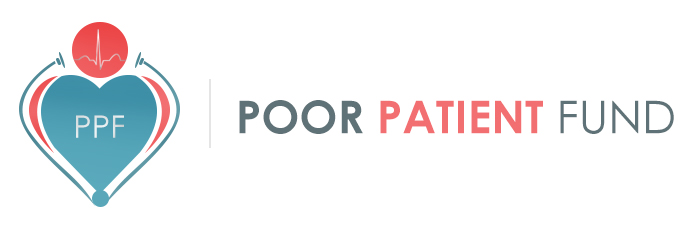Health Sector in Gaza Strip welcomes Ramadan with continuous crises
- Posted Category : News Reports
- 30 May 2017
Director of health and environment department, Dr. Basim Na’eem warned of grave repercussions of the current crisis on various health services offered to patients. Na’eem said during a European inspection tour of Gazan hospitals tonight: “In the face of these national health earnings, we are ringing alarm bells because of what the health system in the Gaza Strip is exposed to: threats of being discontinued, reduction in services and depriving patients of their rights to be cured.” He added: “We follow the effects of the crisis of a shortage of medication and medical consumables and its dangerous associations on hundreds of patients awaiting surgical procedures in various specialities. Na’eem indicated that the health department is working around the clock to spare health services and as a result, the patient at risk of this crisis.
The National Committee of Red Cross, too, warned of a total collapse of infrastructure and the economy due to a lack of power and a severe shortage of fuel in the Gaza Strip. The National Committee stated during a press conference that “the lack of manpower and severe shortage of fuel in Gaza harms every aspect of life in the Strip.” They added that: “This matter is almost causing a complete collapse of infrastructure and the really shaky economy therein.” The Committee indicated that “a new crisis looms in the public health and environment sector due to a lack of manpower, if there is no immediate intervention.” They turned to the fact that “the lack of fuel and manpower has reached a critical level, which threatens the provision of basic services, like health care, treating of sewage water and clean water supplies.”
The Strip, in which more than two million people live, suffers from a severe electricity crisis for approximately ten years, with permanent electricity cuts lasting for 14 to 16 hours daily.
The Ministry of Health in Gaza said that medical services are witnessing a difficult stage due to a dangerous regression in its basic constituents like medication, medical consumables, infant milk formula and fuel. The spokesperson for the Health Ministry, Ashraf Qudrah, mentioned that the balance of 175 types of medication and medical consumables has become zero, 35% of basic and specialist medication is absent, especially 90% of cancer medication and 40% of important medical consumables. Qudrah confirmed that most medical services are suffering severe shortage in drug balances, which places a number of patients, specifically cancer, haematology, kidney and heart patients, in a truly fearful condition with regards to their future life which depends on specific types of medication. He warned that the continuation of this suffocating crisis which the Health Ministry is undergoing will place thousands of patients in real danger. He urged all local, regional and international agencies to act urgently to save the health sector and protect the health system from the danger of collapse and which is being ambushed by complex crises from every direction.
Qudrah made everyone carry the responsibility of this continuous unbearable situation which is being witnessed by all hospitals and medical centres. They have become largely incapable of offering the required medical services to a number of patients in the Gaza Strip, due to the siege against the Gaza Strip. He also warned of the effectiveness of the latest international fuel contribution to operate the electrical generators and drain large amounts from it during the long power cuts which reach 18 hours daily at times. Qudrah called upon all local, regional and international bodies to urgently take action to support patients’ needs in the Gaza Strip, whether medication, medical consumables or fuel. The Health Ministry mentioned in a previous statement that the power cuts affect about 40 surgical theatres, 11 obstetric theatres and 117 dialysis machines used by 650 kidney failure patients thrice weekly.
Qudrah said: “There does not seem to be any solution to these accumulative crises in the near future,” indicating that international, humanitarian and relief organisations and national action groups are approaching the details minute by minute. He considered the relief organisations to be a pivotal partner in caring and supporting the rights and required treatment of patients who are suffering during the continuous siege against the Gaza Strip.
Muneer Bursh, general director of the “pharmacy” department in the Ministry, said during a press conference held at the administrative headquarters: “The dangerous decline in the list of balances of medication and medical consumables taken since the beginning of the year are progressive indicators of a lack of medication and a continuation of the electricity crisis. These two pose a dangerous threat to offered medical services.” He continued: “And with the decision to discontinue the supply of medication and medical supplies by the Health Ministry in Ramallah, the percentage of unavailable medicines at the end of last April was about 35%, while the percentage of unavailable medical supplies was about 40%,” stating that 170 types of medications and 270 types of medical supplies are out of stock. Bursh mentioned that the shortage of medication and medical supplies poses an extreme danger to “cancer patients, anaesthetic procedures, intensive care, kidney dialysis and primary health care.”
Bursh stressed that an aggravation of the crisis threatens the ability of the Ministry to fulfil the medical needs of more than two million citizens in Gaza, adding that “a continuation of the shortage in medication warns of a health disaster impacting negatively on the lives of patients.”
Partners for Medical Aid
All opinions and comments displayed do not necessarily represent the official opinion of the website, but they represent the view of the writer
